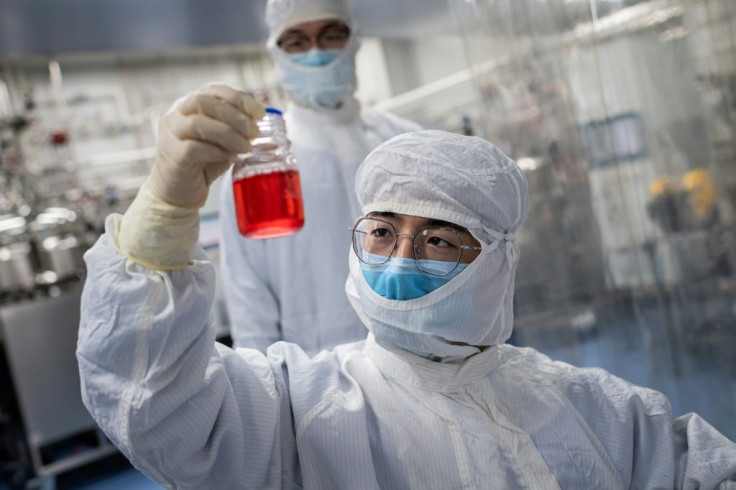6 Different COVID-19 Cluster Symptoms Identified By Researchers In New Study
A new study from researchers at London’s King’s College has identified six different types of COVID-19 cluster symptoms that can develop in patients.
The information for the study was produced using a tracking app that followed 1,600 patients in the U.S. and the U.K. in March and April. The data identified six clusters of COVID-19 symptoms, which included:
- Cluster 1: Flu-like with no fever: Headache, loss of smell, muscle pains, cough, sore throat, chest pain, no fever.
- Cluster 2: Flu-like with fever: Headache, loss of smell, cough, sore throat, hoarseness, fever, loss of appetite.
- Cluster 3: Gastrointestinal: Headache, loss of smell, loss of appetite, diarrhea, sore throat, chest pain, no cough.
- Cluster 4: Severe Level 1, fatigue: Headache, loss of smell, cough, fever, hoarseness, chest pain, fatigue.
- Cluster 5: Severe Level 2, confusion: Headache, loss of smell, loss of appetite, cough, fever, hoarseness, sore throat, chest pain, fatigue, confusion, muscle pain.
- Cluster 6: Severe Level 3, abdominal and respiratory: Headache, loss of smell, loss of appetite, cough, fever, hoarseness, sore throat, chest pain, fatigue, confusion, muscle pain, shortness of breath, diarrhea, abdominal pain.
From this information, researchers have been able to predict the need for breathing support based on the symptoms presented. The study indicated that those with Cluster 1 symptoms had a 1.5% chance of needing a ventilator, while Cluster 2 symptoms had a 4.4% chance of needing the breathing equipment. In more severe cases where Cluster 6 symptoms were present, a patient had a 20% chance of needing breathing support.
The researchers are hopeful that the data from their study will allow doctors to more accurately determine the type of medical care a patient they might need during their COVID-19 treatment.
The U.S. has reported over 2.29 million cases of the coronavirus with over 150,000 COVID-19 deaths as of Monday afternoon, Johns Hopkins University reported. Globally there are over 16.5 million positive cases of the coronavirus with 654,000 COVID-19 deaths reported, the university said.

© Copyright IBTimes 2024. All rights reserved.











